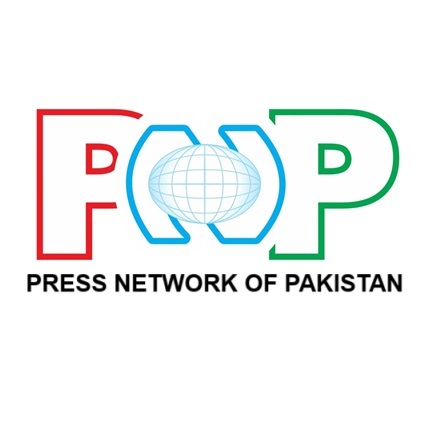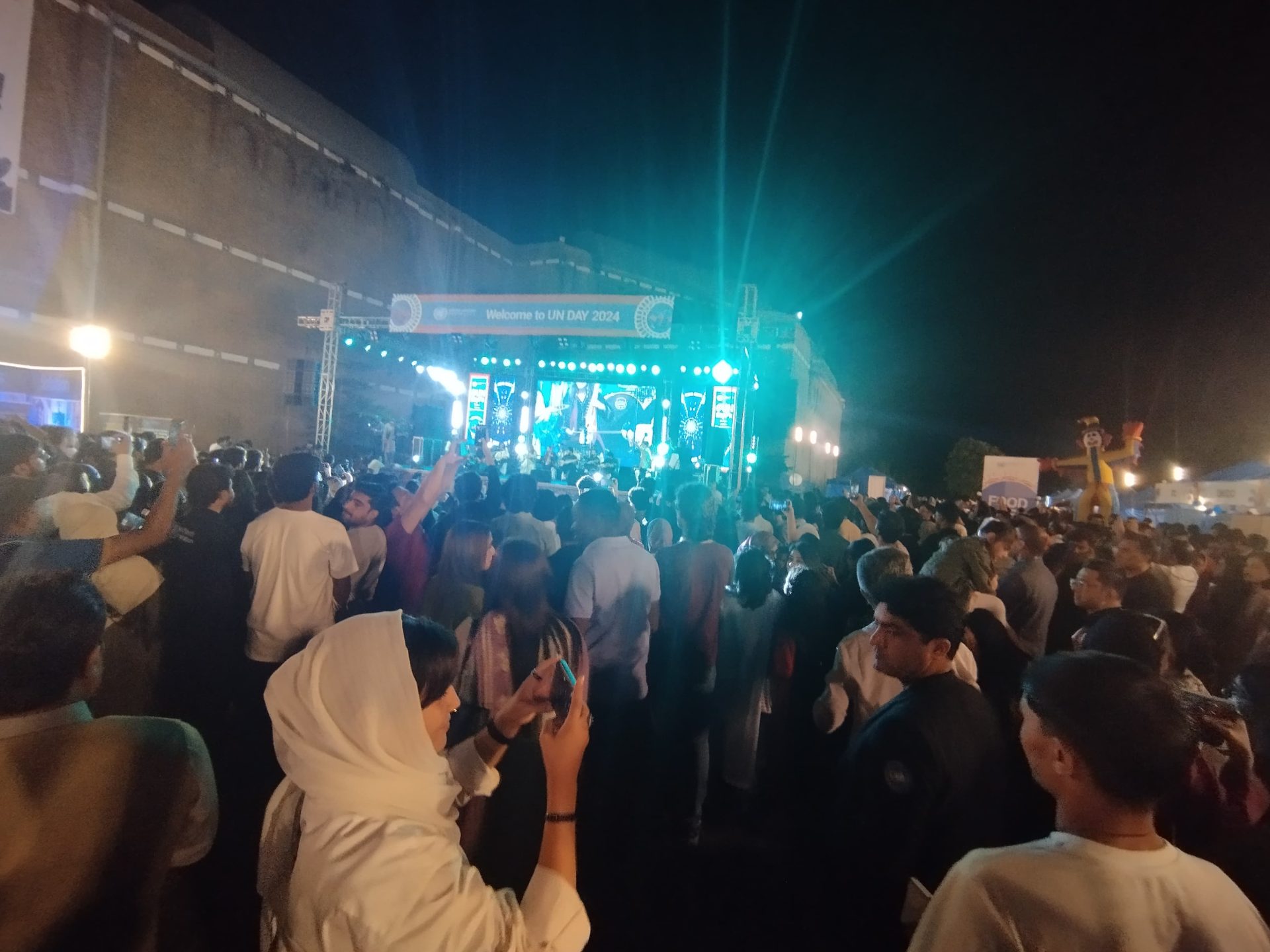Each year, on 10 November, the global community observes World Science Day for Peace and Development (WSDPD) — a day dedicated to recognizing the power and crucial role of science in shaping our societies, fostering peace, and enabling sustainable development. Established by UNESCO in 2001 and first celebrated in 2002, this observance underlines the principle that science is not just a set of experiments or discoveries — but a shared endeavor that connects all of humanity.
World Science Day In Pakistan
In Pakistan, World Science Day for Peace and Development is marked each year through a range of academic, institutional, and community-based activities that highlight the importance and power of science in national progress. Universities, research centers, and science organizations such as the Pakistan Science Foundation (PSF), COMSATS, and Pakistan Council for Science and Technology (PCST) organize events to celebrate this day.
In recent years, the focus for marking this day has expanded to include digital events and online campaigns, making participation more inclusive. Through these initiatives, Pakistan continues to emphasize that science has such a power and potential that it is not only a tool for discovery but also a pathway to peace, progress, and environmental sustainability—reflecting the spirit of the global celebration.
The Power of Science in daily lives
In an era defined by rapid technological change, global health crises, climate challenges and evolving social dynamics, science becomes more vital than ever. The WSDPD invites citizens, scientists, educators, policy-makers and media professionals alike to reflect on and engage with the meaning of science in our daily lives. As UNESCO puts it: the goal is “linking science more closely with society” and ensuring that “citizens are kept informed of developments in science.”
 In August 2023, the United Nations General Assembly officially proclaimed 2024–2033 as the International Decade of Sciences for Sustainable Development, emphasizing the transformative power of science in addressing global challenges. This decade-long initiative highlights that achieving the goals of the 2030 Agenda for Sustainable Development—and the vision beyond it—depends on more than innovation alone. It calls for stronger collaboration between scientific research, policymaking, and communities, ensuring that scientific progress truly serves people and the planet.
In August 2023, the United Nations General Assembly officially proclaimed 2024–2033 as the International Decade of Sciences for Sustainable Development, emphasizing the transformative power of science in addressing global challenges. This decade-long initiative highlights that achieving the goals of the 2030 Agenda for Sustainable Development—and the vision beyond it—depends on more than innovation alone. It calls for stronger collaboration between scientific research, policymaking, and communities, ensuring that scientific progress truly serves people and the planet.
By raising awareness of the powerful role of science in building peaceful and sustainable societies, the day encourages solidarity across national boundaries, renewed commitments to scientific endeavor, and a deeper understanding of the challenges science faces.
2025 Theme for World Science Day for Peace and Development
For 2025, the theme of WSDPD highlights the powerful future-facing dimension of science: trust (in science and scientists), transformation (how science can redesign our societies), and tomorrow (preparing for the world of 2050).
The 2025 Theme:
“Trust, Transformation and Tomorrow – The Science We Need for 2050”
This theme resonates strongly in the context of the newly declared International Decade of Sciences for Sustainable Development (2024–2033)—an initiative by the United Nations General Assembly that emphasizes science as a common good and key to achieving the Sustainable Development Goals (SDGs).
In essence: What kinds of science will we need? How will society and policy interface with scientific knowledge? How do we build public trust and ensure equitable access? These are not abstract questions, but urgent ones asking dire need of attention as we confront climate crises, pandemics, inequalities and digital transformation.
Three Key Objectives of World Science Day
According to UNESCO, the Day seeks to:

-
Strengthen public awareness for the role of science of the role of science for peaceful and sustainable societies.
-
Promote national and international solidarity for shared scientific knowledge and cooperation.
-
Renew commitment, both at national and international front for using the power of science for society’s benefit, while also drawing the attention to the challenges faced by science.
These objectives underscore that science is not isolated in labs but deeply embedded in policy, culture, education and everyday life.
Science, Peace & Development: Interconnected
Science & Peace: Scientific cooperation has often been a bridge between divided communities and nations. By collaborating on shared challenges (health, environment, energy), scientists build networks of trust and mutual benefit. WSDPD recognizes this bridging role of science as a power force for peace.
Science & Development: The rapid advancement in the power of science and technology has the potential to deliver breakthroughs in agriculture, medicine, renewable energy and infrastructure. But achieving the SDGs means ensuring these advances reach under-served regions, reduce inequities and contribute to a more sustainable world.
Science & Society: The day emphasizes the need to engage the wider public in scientific debates — not only for knowledge dissemination, but to enhance scientific literacy, critical thinking and democratic participation.
Challenges and Opportunities
While science offers great promise, several challenges remain:
-
Trust in science: Misinformation, inadequate communication and public skepticism can erode and doubt the power, trust in science. The 2025 theme addresses this directly.
-
Equity of access: Many developing countries still face barriers to accessing scientific education, research infrastructure and innovation.
-
Translating research into policy: Science must be connected with policy-making and societal needs to achieve global sustainable goals otherwise discoveries may remain isolated.
-
Ethical & inclusive science: Ensuring that science is conducted responsibly, inclusively and with respect for human rights is essential.
However, the opportunities are equally notable:

-
Citizen science: With the help of science, one just have to open the data and digital tools enable wider engagement across various platforms.
-
Interdisciplinary collaboration: The inter-linking of social sciences, humanities and natural sciences enhances problem-solving approaches for many crucial issues.
-
Youth engagement: Empowering young people as future scientists and informed citizens is crucial. The Day increasingly focuses on youth.
A Call to Action for Media, Communication & Education Professionals
For those of us working in media and communication — journalists, content creators, education professionals — WSDPD offers a unique moment. We have the ability and responsibility to:
- Communicate scientific topics accessibly and accurately.
-
Highlight local innovation stories, especially from under-represented regions.
-
Foster dialogue between scientists and the public
-
Challenge stereotypes about the power of science for being esoteric or inaccessible.
By doing so, we contribute to building a culture where science is valued not just for gadgets or labs, but for its capacity to create peaceful, informed and sustainable societies.
Conclusion: Science for All, Science for Tomorrow
As we mark this year’s World Science Day for Peace and Development, let us remember that science is at once a tool and a promise. A tool for understanding our world, solving our most urgent problems, and building sustainable societies.
 And a promise — to future generations, to the planet, and to each other — that knowledge, innovation and cooperation can strengthen peace and improve lives.
And a promise — to future generations, to the planet, and to each other — that knowledge, innovation and cooperation can strengthen peace and improve lives.
In the words of UNESCO’s Director-General:
“Science is essential to peace-building because it offers practical, sustainable solutions to contemporary global challenges.”
As we look ahead to 2050 and beyond, we must commit to science that is inclusive, credible, trusted and aligned with the needs of humanity and the environment.
#WorldScienceDay #ScienceForPeace #ScienceForDevelopment #TrustInScience #PowerofScience

Dr. H. Zafar is a distinguished writer and analyst associated with Press Network of Pakistan as Associate Editor. With a strong academic background and years of research experience, she brings depth, clarity, and analytical rigor to her writings.



